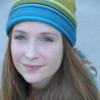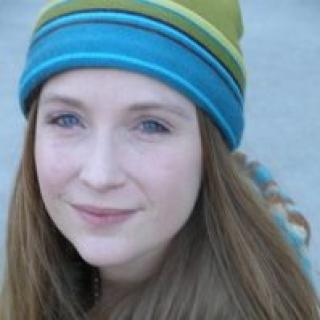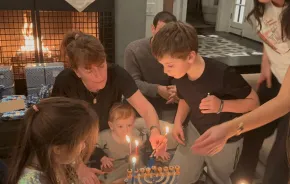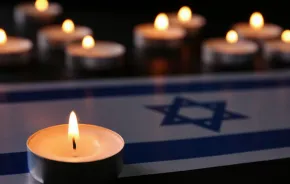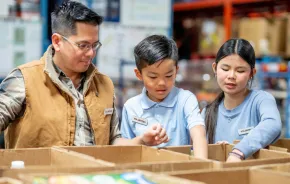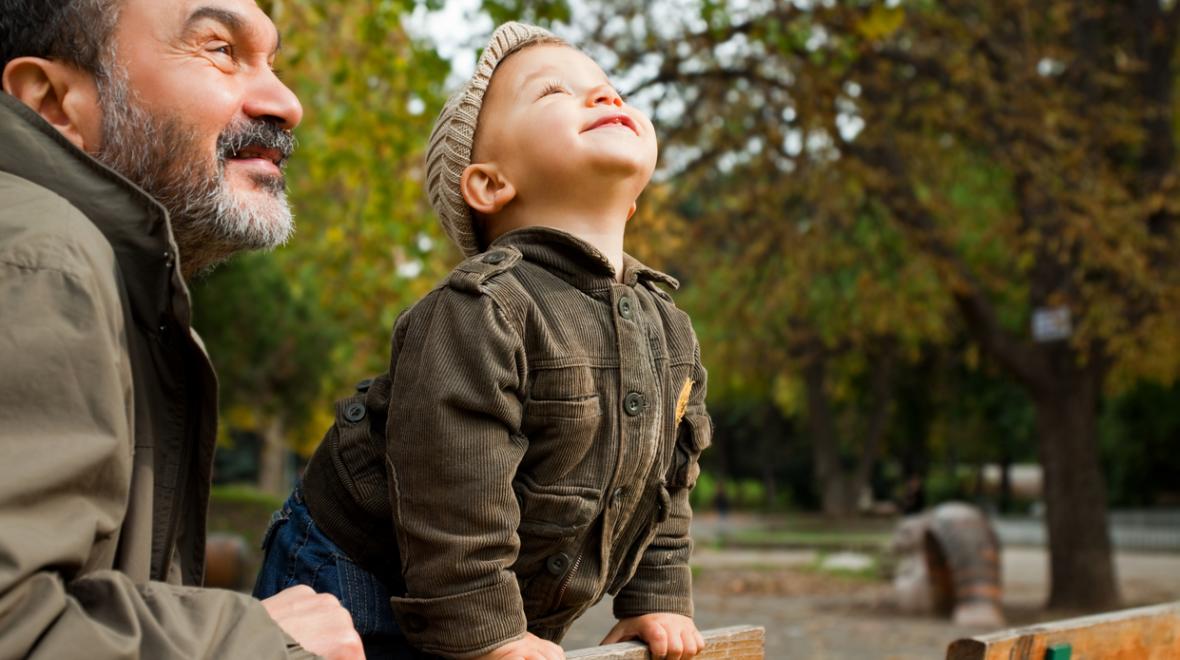
On the Jewish calendar, the High Holy Days, which begin with Rosh Hashana and culminate in Yom Kippur, represent the most important religious season of the year for Jews. Congregants gather in community at synagogues to celebrate the possibility of new beginnings (on Rosh Hashana) and to seek atonement and forgiveness for their mistakes (on Yom Kippur). This intentional process of self-reflection affirms a key premise of the Jewish perspective — humans are indeed an imperfect species, but one capable of exercising the freedom and responsibility to prioritize continuous self-improvement and conduct lives with morality.
Humility, responsibility, honest self-assessment, forgiveness granted and received, decency, hope. This set of human-to-human dynamics elevated and celebrated through the High Holy Days may seem particularly ransomed or dangerously undervalued in some areas of our current pandemic life, particularly those fueled by political divisiveness and social unrest. This tough chapter in our human history puts character education at the forefront of parents’ concerns for their children, as each day dawns in continued conflict and uncertainty.
We caught up with Senior Rabbi Daniel Weiner of Temple De Hirsch Sinai to learn more about the lessons of the High Holy Days, how his congregation is observing them in this pandemic-beset year, and how parents of all faiths can coach their children through these topsy-turvy times to develop all-important habits of introspection, personal responsibility and resilience.
At the heart of the High Holy Days is this concept of personal change and transformation. What is the connection between Rosh Hashanah and Yom Kippur in this self-reflective process?
In essence, the dynamic that we’re embracing is called teshuvah, and that literally means “to return.” It’s often in a highfalutin’ sense translated as repentance, but it really is in its core a return — a return to a better path, a return to a better self, a return to God, a return to family and others in the community. It’s really just about aligning ourselves with our better selves, and aligning ourselves with a consciousness of our responsibility to others in concentric circles of community, whether that’s family, neighborhood, city, nation, world — what have you.
The most intensive period is the period between Rosh Hashanah, the New Year, and Yom Kippur, the Day of Atonement. However, because this is such a critical process, it requires some degree of preparation, like anything that’s worthwhile. We spend an entire month of the Hebrew calendar prior to the High Holidays preparing ourselves for this process so that when Rosh Hashanah comes and the most intensive 10-day period between Rosh Hashanah and Yom Kippur occurs, we have prepared ourselves.
While Rosh Hashanah has much more of a celebratory sense of renewal and of revitalization and embracing a new, better year, the process leading to Yom Kippur, the Day of Atonement, becomes in many ways a much more focused endeavor. In a culminating way, we engage in the most solemn kind of self-assessment and a vision and vow toward positive change that’s been six weeks in the making to get to that point.
What is different about the Jewish new year and the Times Square hijinks we celebrate each year?
Our greeting for the holiday is “Shana Tovah,” which doesn’t mean Happy New Year. It means a good new year. We’re not talking about December 31st, the ball’s dropping and you’re hoping for that fleeting feeling of happiness. Rather, what you’re wishing for others and for yourself is goodness. It is a qualitative change in our value state of being and in our value system in general.
The idea is that throughout a lifetime, hopefully, year to year, we get better. The metaphor that is often used for the holidays is that of an archer shooting at a target. We are never going to hit the exact bullseye and be saintly and perfect, but hopefully, as the years progress toward the end of our lives, we’re a lot closer to the bullseye than we were at the beginning. We’re never going to achieve perfection. Hopefully that’s part of the process of repentance — that we have the humility to know that that’s not possible. But that doesn’t mean that we should not continue to endeavor to get closer to the bullseye.
What are some of the ways that you’re engaging the congregation in celebrating the holidays this year, given necessary restrictions on in-person observance due to the pandemic?
Part of that is to help people to have appropriate expectations. We are striking the balance between maintaining a connection to those transcending ideals and values and principles that have been staples of this celebration and this High Holiday experience, but at the same time we concede to the fact that, as in countless other aspects of our lives these days, things are going to be very different.
We can’t gather physically in person. But one of the overarching messages that I hope I’ve conveyed to the congregation is that one of the great traits of the Jewish people is its adaptability in the face of crisis. And that is one of the key reasons why Judaism has survived the millennia when many other ethnicities and religious traditions and nationalities haven’t. We have experienced catastrophic crises but we have understood how important it is to adapt and to find that balance between maintaining a connection to core concepts while changing things as the times and circumstances require. When compared to genocide, annihilation, destruction of central shrines, this [experience] pales relative to those crises.
Our High Holiday services are going to be online this year, but we can still have powerful experiences even though the means and the mechanisms of making that happen are going to be different.
How do you communicate the introspective part of the High Holy Days to kids?
I think this is something that really is an ongoing thing — it doesn’t just happen during the holidays. I think at a very early age, in terms of child development, kids start to look at things in a categorizing kind of way. Rabbinic Judaism is very pedagogically sensitive in that the rabbis were teachers more than anything else. So, our tradition as it developed through the rabbis was conscious of educational approaches and making things accessible, especially to young people, in a pedagogically astute way.
From a very early age, especially in more contemporary times, in terms of child development, this means helping kids to understand what it means to be good. What it means to avoid doing bad things or hurtful things to other people — this is something that is really woven into the moral and spiritual DNA of Judaism. With respect to the holidays themselves, for little kids, we don’t talk about repentance or return, obviously. What we talk about with them is, “How can I be the best person that I can be?” and “What does it mean to be the best person I can be?”
In the very small concentric circle of socializing that you have, starting with your family: How can you be as nice and helpful to your parents and to your siblings as possible? When you reach a childhood crisis moment where someone is using one of your toys and your first impulse is to scream and yell and yank it back, how can you begin to not respond? Obviously, we say this in child-friendly ways, but how can you not be impulsive and take that extra step and say, “How can I be more patient and fair?”
Judaism is the antidote to the notion that as children or as mammals we’re hard-wired to just look out for ourselves. “Love your neighbor as yourself” — it’s kind of the ultimate distillation of all Jewish values.
How can parents be better role models to their kids in honest self-reflection and authentically making amends when necessary?
One of the key experiences of young people is conflict resolution: fighting with a friend, fighting with a sibling, whatever. Whether that’s conveyed to the child or the parent, I think it is important to understand that we can’t avoid conflict with ourselves, with other people, but we can control how we respond to moments of conflict. Teaching our children to say they’re sorry, to forgive other people, to look at themselves as potentially at fault, to be humble and open enough to know that they need to change — these are all critical lessons for all parents. But I think Jewish parents and Jewish families have a collective concept of this that is ingrained in our traditions.
We hope that everybody does this over a lifetime, but we know that that doesn’t happen. We know that people don’t have that level of self-awareness, and you can’t be that intensively aware all the time or your head will explode. But I think that’s the idea of the holidays: Maybe you’re doing this at times during the year, maybe you’re not, but we as a collective community are all focusing on doing this at least one time a year. We’re doing it as a community, and there’s much strength to be drawn from that on many levels, not the least of which is it reminds us that we’re all flesh and blood. We are reminded that all of us are flawed, all of us have work to do, and that we should all have both the humility and understanding and appreciation for the fact that hopefully, we can work together in healing our personal relationships as a path toward perfecting ourselves individually.
A new year sparks a vision for something good. In these testing times, what are you seeing as signs of hopefulness or positive change?
It’s trite to call them silver linings, but I think amongst the many things that I hope will be lasting out of this COVID experience is perhaps the greater time for self-awareness and contemplation that we’ve all had. That can be painful, but it’s necessary. I’m hoping this will be a habit that continues afterward.
I hope also out of this will come a consciousness of the social contract and social capital — a deepened sense of social responsibility. That what we do as individuals has ramifications beyond ourselves, and therefore, in many ways, whether we’re fully aware of it or not, we’re responsible for one another.



